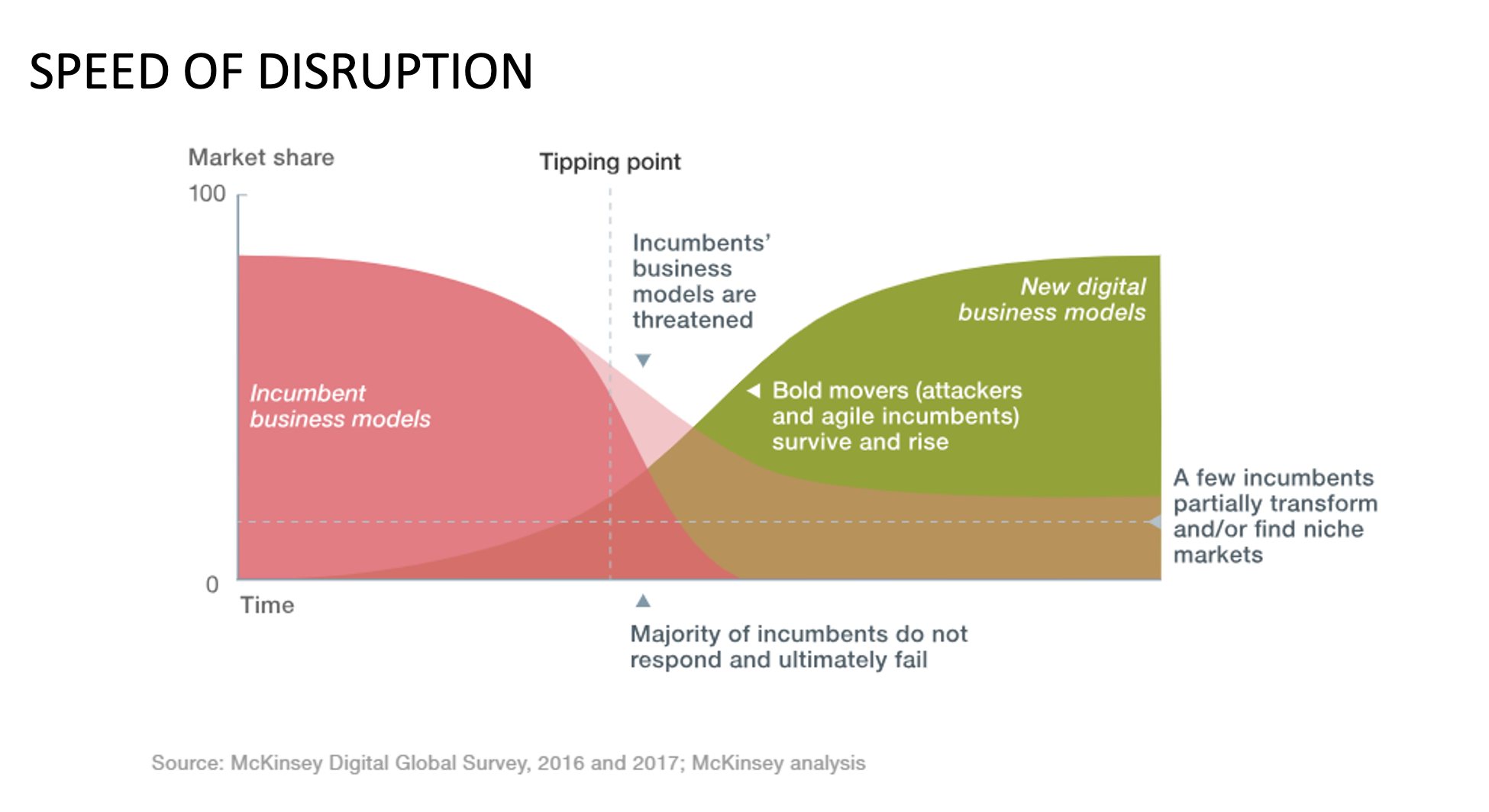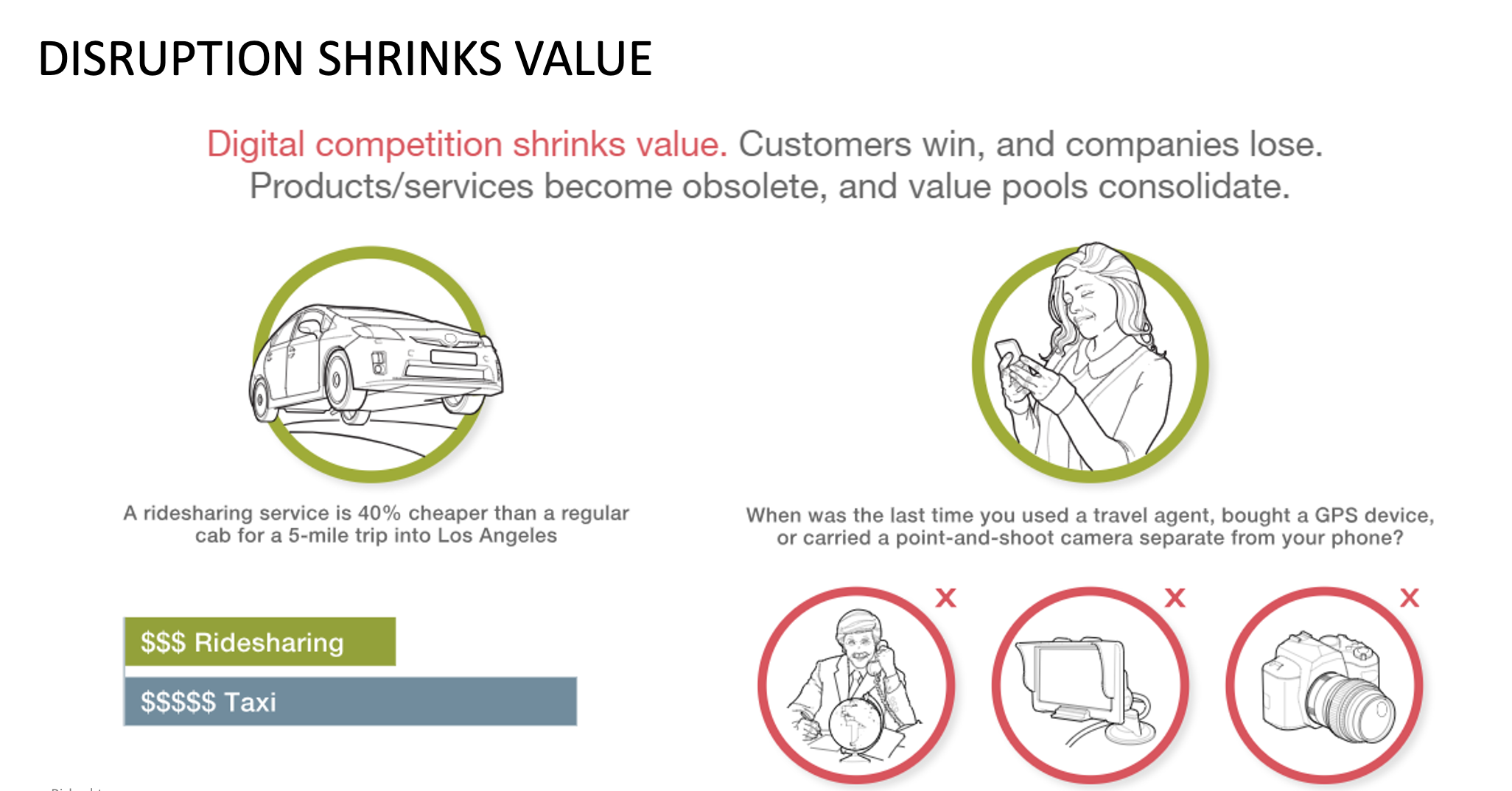Disrupting a system can have both positive and negative consequences, depending on the context and the specific system being disrupted.
Disrupting a system can have both positive and negative consequences, depending on the context and the specific system being disrupted.
Here are some potential benefits of disrupting a system:
1. **Innovation and Progress**: Disrupting an established system can create opportunities for new and innovative ideas to emerge. It challenges the status quo and encourages the development of more efficient, effective, and creative solutions.
2. **Efficiency and Optimization**: Disruption often leads to a reevaluation of processes and practices, which can result in increased efficiency and optimization. Outdated or inefficient practices are replaced with more streamlined and productive methods.
3. **Increased Competition**: Disruption can break down barriers to entry in a market, leading to increased competition. This can result in improved products or services, better customer experiences, and competitive pricing.
4. **Addressing Inequality**: Some systems may be inherently unfair or perpetuate inequalities. Disruption can help address these issues by advocating for equal rights, representation, and opportunities for marginalized groups.
5. **Environmental Impact**: Disrupting industries that have a significant negative impact on the environment can lead to the development of greener and more sustainable alternatives.
6. **Resilience and Adaptability**: Systems that are resistant to change can become stagnant and vulnerable to unexpected disruptions. By intentionally disrupting these systems, society can become more adaptable and resilient to future challenges.
7. **Fostering Creativity**: Disruption can encourage individuals and organizations to think outside the box and explore new ideas. It stimulates creativity and encourages a culture of continuous improvement.
8. **Encouraging Accountability**: Disruption can bring attention to systemic issues and force stakeholders to be accountable for their actions. This may lead to increased transparency and responsible decision-making.
However, it is crucial to note that disruption can also have negative consequences. Sudden and uncontrolled disruption can cause chaos, job losses, economic instability, and adverse effects on vulnerable communities. To maximize the benefits of disruption, it should be managed carefully, with consideration for its potential impacts and with a focus on creating positive change.


.png?height=120&name=Panarchy_logo_horizontal_transparent-1%20(1).png)